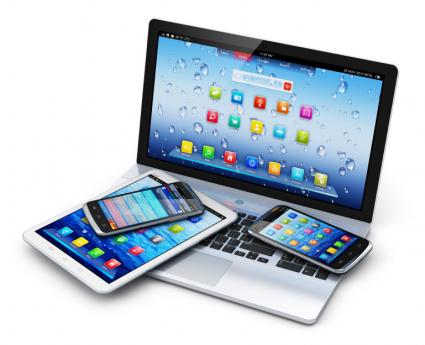ISLAMABAD ( MEDIA REPORT )
The Prime Minister’s Secretariat has constituted a committee to finalise the recommendations for Pakistan’s accession to World Trade Organisation’s Information Technology Agreement (ITA).
The agreement aims to eliminate tariffs on more than 400 IT products, including desktops, laptops and mobile phones.
The five-member committee, headed by the commerce secretary, will submit its report to the secretariat within two weeks. Its other four members are: secretary revenue division, secretary IT, secretary Ministry of Industries and Production and former ambassador to WTO Dr Manzoor Ahmad.
The terms of references (ToR) of the committee have also been finalised.
At the Nairobi Ministerial Conference in December 2015, more than 50 WTO members expanded the agreement, which now covers an additional 201 products valued at over $1.3 trillion a year. The products included the latest generation of semi-conductors, GPS devices, advanced medical products and machine tools.
There are divergent opinions whether the country should ratify this agreement or not. “Pakistan should look very carefully at the possibility of joining the agreement,” WTO Director-General Roberto Azevedo told Dawn in an interview during his visit to Pakistan in May this year. Any trade agreement has to meet the strategic objective of the country, he said.
However, he elaborated that even if Pakistan did not ratify the IT agreement, it would still benefit from zero per cent duty in the market of countries which acceded to the agreement as zero tariffs will apply to all 162 member countries of the WTO.
After this clarification from the WTO chief, the commerce ministry’s move to ratify the agreement was questioned amid fears that joining the treaty would lead to revenue losses to the national exchequer amounting billions of rupees.
The Federal Board of Revenue has estimated a revenue loss of Rs4.5 billion alone in customs duties after accession to the treaty in the first year.
The tax department said benefits may be limited because of inelastic demand. It found that as a result of accession low-tech indigenous manufacturing will be exposed to cheaper finished products by overseas large-scale manufacturers.
There are 174 tariff lines which cover ICT products. The breakdown of these tariff lines shows that 1pc customs duty is chargeable on 38 tariff lines, 5pc on 86 tariff lines, 10pc on 17 tariff lines, 15pc on 3 tariff lines, 20pc on 20 tariff lines, 25pc on 9 tariff lines and Rs250 on mobile phones.
In terms of value, the highest import value is of mobile phones, followed by 86 tariff lines, 20 tariff lines and 38 tariff lines.
Becoming signatory to the ITA would not necessarily open doors for Pakistani exports, which have to face sensitive items lists of various countries, requiring extending period of ITA implementation.
Despite all these concerns, the committee will study ITA in the context of broader implication for e-commerce, effect of the treaty-led liberalisation, and reduction of customs duties on the software development sector due to decrease in capital cost.
The committee will also look into opportunities offered by ITA for integration of global supply chain of IT products and services, and estimate revenue foregone in case of accession, calculated on the basis of customs duties collected on 418 items during the last five years.
According to the ToR, the committee will estimate efficiency and productivity gains in national economy due to availability of cheaper IT products and services.
Published in Dawn, October 30th, 2016

